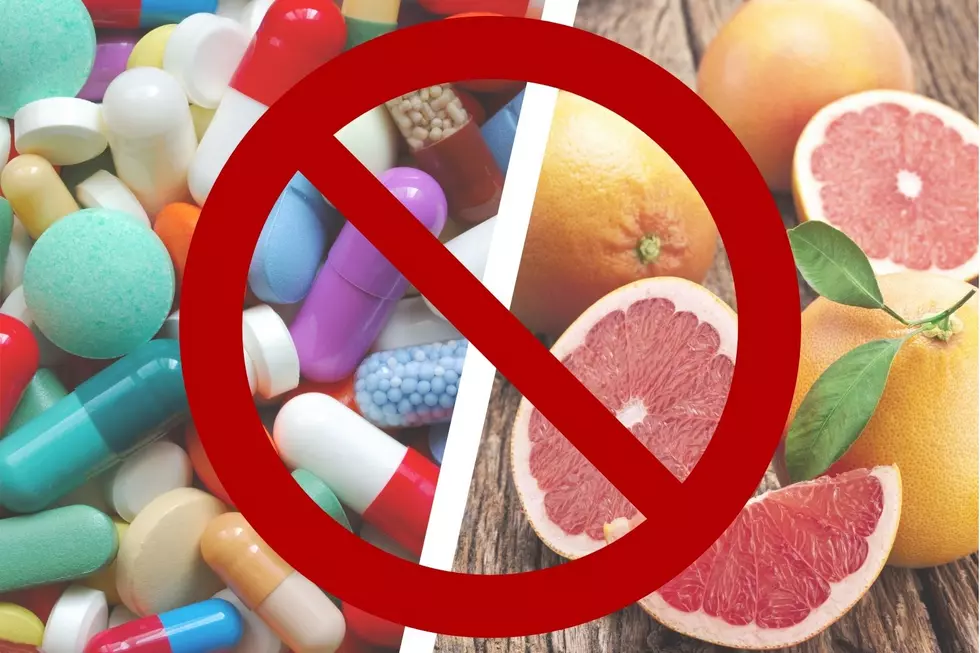
Here’s Why You Shouldn’t Drink Grapefruit Juice with Certain Medications
It seems like every time a TV show I'm watching goes to commercial break, there are multiple advertisements for some type of prescription medication. Diabetic? This one helps lower your A1C. High cholesterol? This one helps bring it down "when diet and exercise aren't enough." Feeling depressed? This one will help restore the balance of serotonin in your brain. You get the idea. Regardless of what condition they're designed to help, all the commercials follow the same pattern; talk about all the benefits of the drug, then list all the potential side effects, most of which sound worse than having the condition they're designed to help treat. Normally, I pay little to no attention when those commercials come on until the other day when I heard a warning in one of them that caught my ear. I don't remember what drug it was for exactly, but it said something along the lines of not eating grapefruit while using it. I asked my wife if I heard what I thought I heard, and she said I did. I wondered out loud why that would be to which she replied, "I don't know, but it sounds like an idea for an article on the website." Indeed it did.
Why You Shouldn't Eat Grapefruit While Using Certain Medications
A quick Google search of, "why can't you eat grapefruit with certain medications" took me to the U.S. Food & Drug Administration website which detailed why grapefruit and grapefruit juices, along with other types of fruit juices, while normally good for you thanks to the vitamins and minerals they provide, shouldn't be consumed while taking certain prescription medications. Here's what they say:
Many drugs are broken down (metabolized) with the help of a vital enzyme called CYP3A4 in the small intestine. Grapefruit juice can block the action of intestinal CYP3A4, so instead of being metabolized, more of the drug enters the blood and stays in the body longer. The result: too much drug in your body.

They go on to say the amount of the CYP3A4 enzyme is different from person to person with some people's body's producing more than average and others producing less. This means consuming grapefruit juice while taking a prescription medication may affect two people differently even if they are taking the same drug.
Recent Research Suggests Grapefruit Has an Opposite Effect on Certain Drugs
The FDA says more recent studies (they don't specify how recent) show that grapefruit and its juice prevent certain drugs from entering our systems due to their effect on proteins in our body known appropriately as "drug transporters" that help our bodies absorb the medication. In this case, the juice can prevent the protein from delivering the full dose of the pill into our bloodstream making it less effective. The same can also apply to apple and orange juice.
Which Medications Does Grapefruit Affect?
The FDA says grapefruit juice can cause issues with some prescription medications for the following conditions:
- Statin drugs to lower cholesterol
- High blood pressure
- Organ-transplant rejection
- Anti-anxiety
- Crohn’s disease or ulcerative colitis
- Abnormal Heart Rhythm
- Antihistamines (allergies)
Of course, you should always read the warning labels and recommended dosing instructions with any medication you're prescribed, and talk with your doctor or pharmacist if you have any questions before taking said medication.
For more on grapefruit juice and its effect on prescription medication, visit the FDA website.
[Source: U.S. Food & Drug Administration]
Goosebumps and other bodily reactions, explained
KEEP READING: See 25 natural ways to boost your immune system
More From WKDQ-FM









